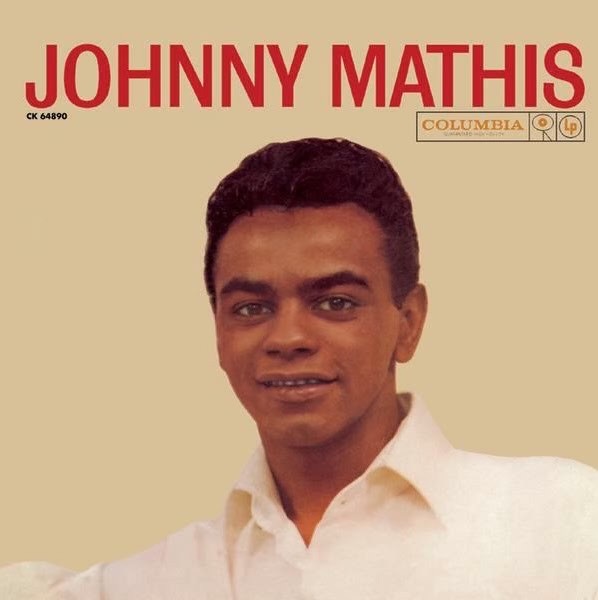66 years after debut, Johnny Mathis’ reign as voice of romance continues
July 14, 2022
A bouquet of roses illuminated by candlelight sits atop a dinner table for two. Aphrodisiacs — the aroma of gourmet pasta, the most expensive wine and ocean breeze — fill the setting in a warm embrace. If one were to put music to this scene, the waves crash to Johnny Mathis’ velvet croon.
Unfortunately, flowers wilt, pasta molds and candles melt away, but Mathis lives on forever. Since the release of his debut album, Johnny Mathis, in 1956, the Texas-born vocalist has established himself as the voice of romance.
In the decades after his debut, Mathis released over 100 albums, went Platinum and Gold more than a handful of times, sold over 350 million records worldwide and continues to tour at 86 years old. Despite growing up in San Francisco, Mathis remains a bona fide Texas legend.
Saturday, July 16 marks the 66th anniversary of Johnny Mathis, and a revisit of the album reveals exactly why the singer is recognized as a timeless icon of pop and jazz music. The self-titled project, best likened to a serenade, listens like a love letter enveloped in a silky vibrato and sealed with a puddle of tears made up of equal parts joy and sorrow.
The original two-sided album incorporates Mathis’ pop vocals with 12 popular standards in a jazz-oriented fashion, with the addition of “I’m Glad There Is You” in 1996 and “Out of this World” in 2017 as bonus tracks.
Side A opens with an entrancing rendition of “Autumn in Rome,” a song first sung by Patti Page in 1953. In the track, Mathis skillfully displays his famous trembling vibrato, painting the scents, sights and textures of falling in love in the Eternal City with just his voice.
From “Easy to Love” to “Prelude to a Kiss,” Mathis sculpts his mesmerizing voice, keen vocal control and dreamy instrumentation into a mountain of love from which he shamelessly falls head over heels, taking his audience with him.
Concluding Side A with “Babalu,” an Afro-Cuban jazz song by Margarita Lecuona, Mathis not only displays his impressive vocal range, but also his interest in Latin music, which he explores further in his 1964 album, Olé.
Side B includes the most well-known song on the album, Bart Howard’s “In Other Words (Fly Me to the Moon).” Through the slow-tempo arrangement and his soothing hum, Mathis reminds listeners that loving someone can hold just as much significance as all the stars, moons and planets combined.
“Star Eyes” brings forth a quicker pace, yet Mathis remains just as tender in his performance. He effortlessly pairs his voice with the swing of the instruments as though he himself is a shooting star dancing across the night sky.
Mathis draws on his listeners’ imagination with portraits of anticipation, escape and longing in “It Might As Well Be Spring,” “Cabin in the Sky” and “Angel Eyes.” These three tracks, along with the two bonus tracks, end the album in a commanding exhibit of talent and artistry.
66 years after its release, Johnny Mathis showcases the beauty of the crooner’s vocals, as well as his ability to shine through any arrangement. Mathis’ impact remains as big as the very moon he sings of.
5 flights to the moon out of 5.









